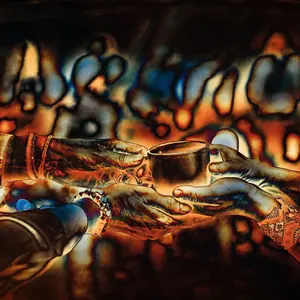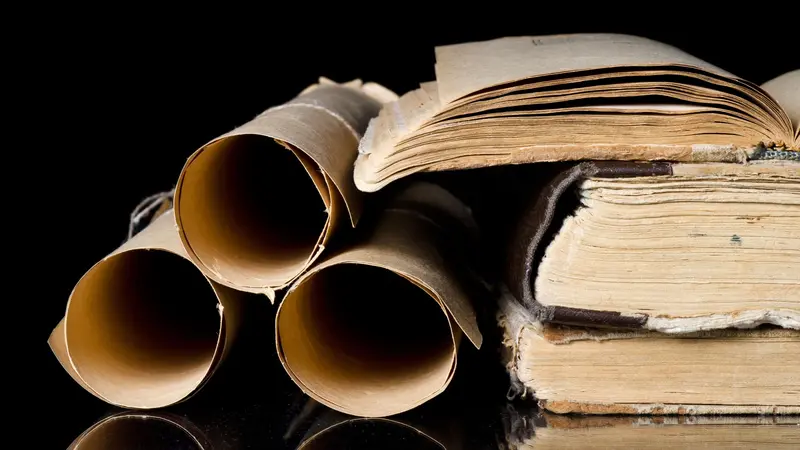
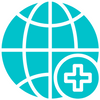
Traditional World Medicine

Traditional World Medicine
India’s AI-Powered Traditional Medicine Library
Ancient wisdom meets cutting-edge technology as India becomes the first nation to digitize its traditional medical heritage using artificial intelligence. This initiative is transforming the preservation, access, and integration of time-tested healing practices with modern healthcare.
For centuries, traditional medicine systems have offered holistic approaches to healing and prevention. India's Traditional Knowledge Digital Library (TKDL) is making this knowledge accessible to practitioners and researchers worldwide, creating new possibilities for integrative health solutions.
Preserving Ancient Wisdom Through Modern Technology
The TKDL is a comprehensive preservation effort that safeguards India's rich medical heritage. Originally created to document traditional healing practices, the library has evolved into a sophisticated platform that houses millions of pages of ancient medical texts.
These texts, written in Sanskrit, Tamil, Persian, Arabic, and other languages, contain detailed information about herbal formulations, diagnostic techniques, treatment protocols, and preventive care practices. Rather than simply scanning manuscripts, the project involves careful analysis and categorization of medical knowledge that spans thousands of years of healing wisdom. The library covers five major traditional medical systems: Ayurveda, Unani, Siddha, Sowa Rigpa, and Homeopathy.
AI Transforms Ancient Texts into Actionable Knowledge
Advanced artificial intelligence (AI) technologies power the TKDL, transforming how traditional medical knowledge is organized and accessed. Machine learning algorithms and natural language processing convert ancient texts into structured, searchable digital records that researchers can navigate effortlessly.
The AI system organizes herbs, formulations, diagnostic techniques, and dosages into searchable databases. Pattern recognition technology identifies correlations between traditional treatments and modern disease understanding. Semantic indexing enables cross-system analytics, allowing researchers to find connections between different traditional medicine approaches.
This technological enhancement means practitioners can now search for specific treatments, compare different traditional approaches, and access multilingual translations in seconds—capabilities that would have taken years to achieve manually.
Protecting Heritage and Preventing Biopiracy
A significant benefit of the TKDL is its role in protecting traditional knowledge from unauthorized commercial use. By creating time-stamped, encrypted entries accessible to international patent offices, India effectively prevents corporations from claiming patents on public-domain traditional remedies. The AI-powered documentation system ensures that traditional formulations and practices remain in the public domain while being properly credited to their cultural origins.
Global Endorsement
In July 2025, the World Health Organization (WHO) released its first-ever global roadmap for AI in traditional medicine, specifically praising India's comprehensive approach. The WHO's support validates the integration of ancient healing practices with modern technology, encouraging other nations to develop similar programs.
Supporting Modern Integrative Healthcare
The digitized traditional medicine library offers tremendous benefits for integrative healthcare practitioners, functional medicine doctors, naturopaths, and other holistic health providers by giving them access to evidence-based traditional treatments that complement modern medical approaches.
The platform enables practitioners to research herbal formulations, understand traditional diagnostic methods, and explore preventive care strategies rooted in centuries of practice. This access supports the growing movement toward personalized, root-cause healthcare that addresses individual patient needs comprehensively.
The Future of Traditional Medicine Integration
The success of this project demonstrates that technology can serve as a bridge between ancient wisdom and contemporary healthcare needs. By making traditional knowledge more accessible and verifiable, AI helps validate time-tested healing practices while ensuring they meet modern safety and efficacy standards.
The digitization of traditional medicine through AI represents a profound shift toward more inclusive, comprehensive healthcare. India's leadership in this area offers hope for a future where ancient healing wisdom and modern medical science work together to promote optimal health and wellness for communities worldwide.


 By
By
